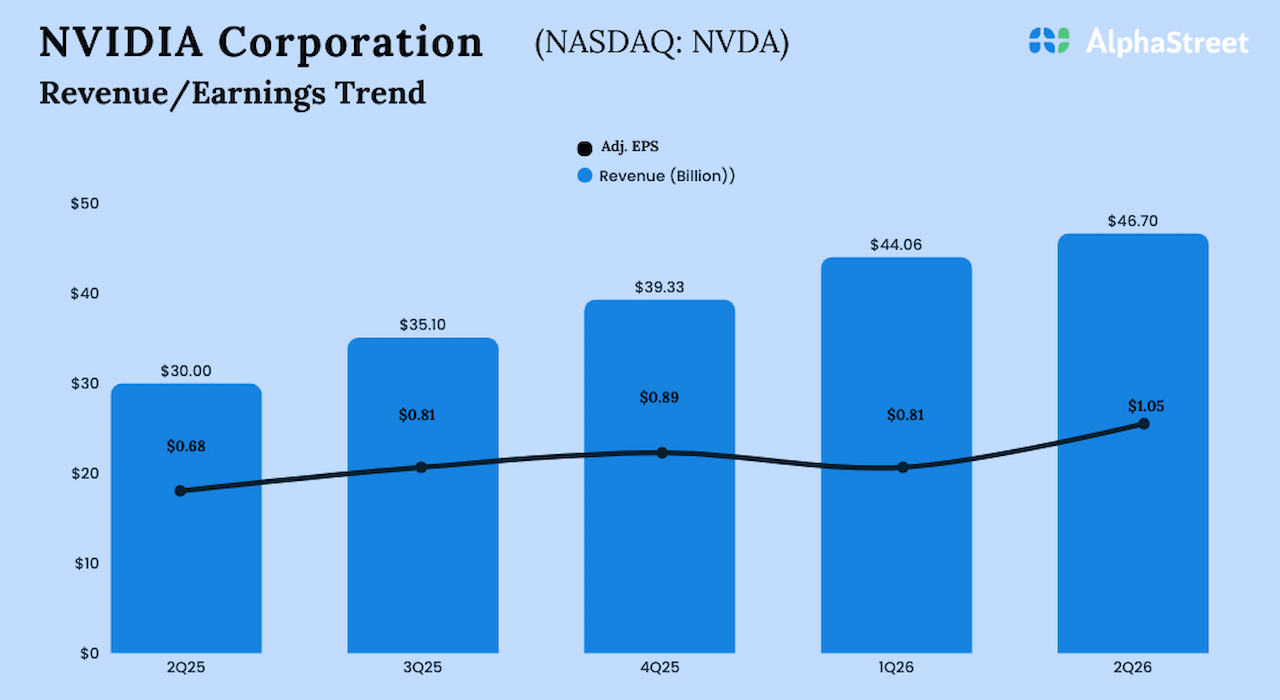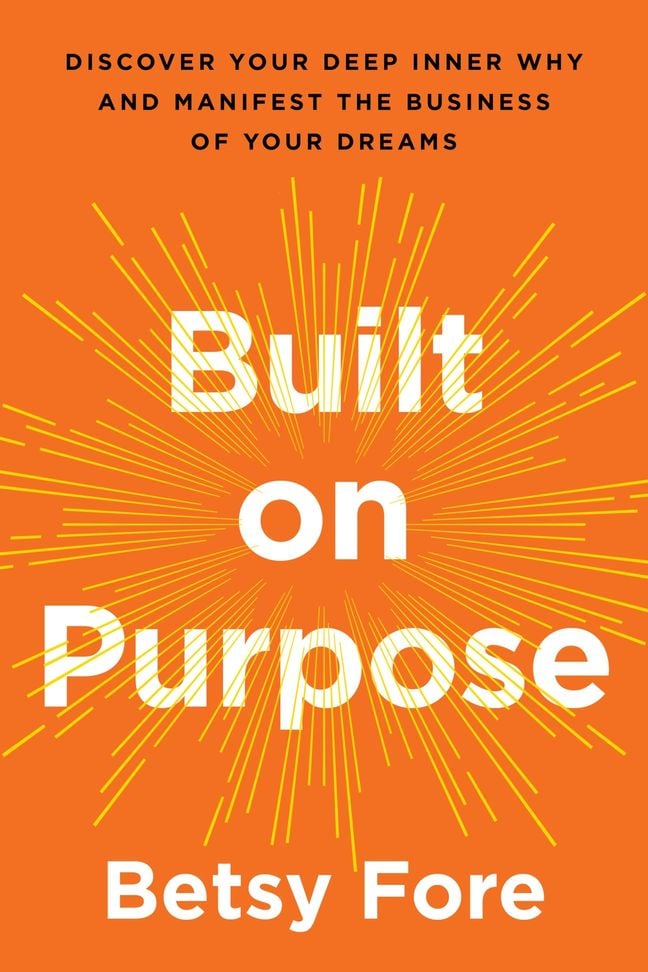It’s harder than you think, and not everybody will tell you that.
This year, I want to keep it real. With others. With my startup. And, more importantly with myself. There’s really no growth in hiding in the shadows.
If you’re not familiar, I began working on my startup, Geeks and Experts, in 2022 and I went into it unaware of what it takes to build tech startups bootstrapped with a team of 1.5 people (my co-founder works part-time).
Andrew Gazdeski shared an accurate depiction of what the entrepreneur’s journey looks like when you’re building a startup for the first time. I couldn’t stop staring at this graph because it resonated so well with the rollercoaster of a ride I had been experiencing with Geeks and Experts.
Tech startups are nuanced in that there is a holy grail of product-market-fit that needs to be defined before you can declare that you have ‘made it’.
Who knew what it takes to launch a marketplace for on-demand experts?
I was a bit blindsided by everything that was happening around me during this startup journey. Slowly, but surely, that bubble began to burst. Oh boy!
I figured most of this journey was about unlearning a lot of the things I learned. It was about not taking everything at face value and figuring it out myself, from scratch, in my own way. The secret is that there is no secret!
In fact, if you are a startup founder embarking on this journey, I want to keep it real with you. I want to tell you three things that nobody else will. Human beings are innately nice people, we don’t mean harm or like to say things that nobody wants to hear. We also hate confrontations mostly.
These are three facts I wish I internalized earlier. Take what works for you.
Sorry if this broke your heart.
Nothing is further from the truth that as first-time founders we jump at the thought of building the next unicorn and achieving global domination. We start fantasizing about the journey and all the big media outlets that are going to cover your launch and overnight success.
The harsh reality is that funding and PR do not build a startup. You can create all the business plans and fancy pitch decks as you’d like but venture capitalists are also businesses, they have metrics that need to be met. No matter how great your product is, think about the problem you solve.
Venture capitalists expect the return on their investment to come from 5% of the companies they choose to fund. Just 5% out of their portfolio.
Investors might say that you’re not a good fit or part of their funding thesis. In essence, until you haven’t really built a use case funding won’t help.
Another truth bomb.
Hustle culture is glamorized and putting in extra hours, staying up overnight, working on weekends, missing moments with family, not spending time in nature, and not taking care of your health is useless.
Again, it’s not something that anybody will tell you to your face. We see others succeeding and we feel that we can overwork ourselves, disappear from the face of the earth, and come back with overnight success. Instead, we might end up more frustrated and stressed with hitting roadblocks.
From my experience, finding other outlets to focus on while working on your challenging startup will help remove the pressure and anxiety. Twitter gurus will say go all in on your product if you really care about winning. I say, do what works for your personality and productivity — follow that.
Keep your job or take up freelance projects alongside, if that suits you.
This one is probably too harsh.
But, it’s true. We are not the center of everyone’s world. Everyone has places to go, bills to pay, and their own life to live. We give ourselves too much time and space in other people’s minds. Nobody cares so much. Yet, it is not something that people will say to you upfront. Obviously!
Whether your startup is on to achieve great milestones or you are struggling to get it off the ground, the world will move on. We tend to chase the output so much that we don’t have enough clarity on the input.
I don’t mean to say that your friends, family, and loved ones don’t care about your startup or struggles. What I mean is that you are the ultimate decision-maker for what you want out of this. The customers, mentors, advisors, investors, and peers don’t owe you anything for what you do.
You can ask 100 people for support, feedback, and advice. At the end of it, you have to decide what makes you come out of this stronger — win or lose.






































